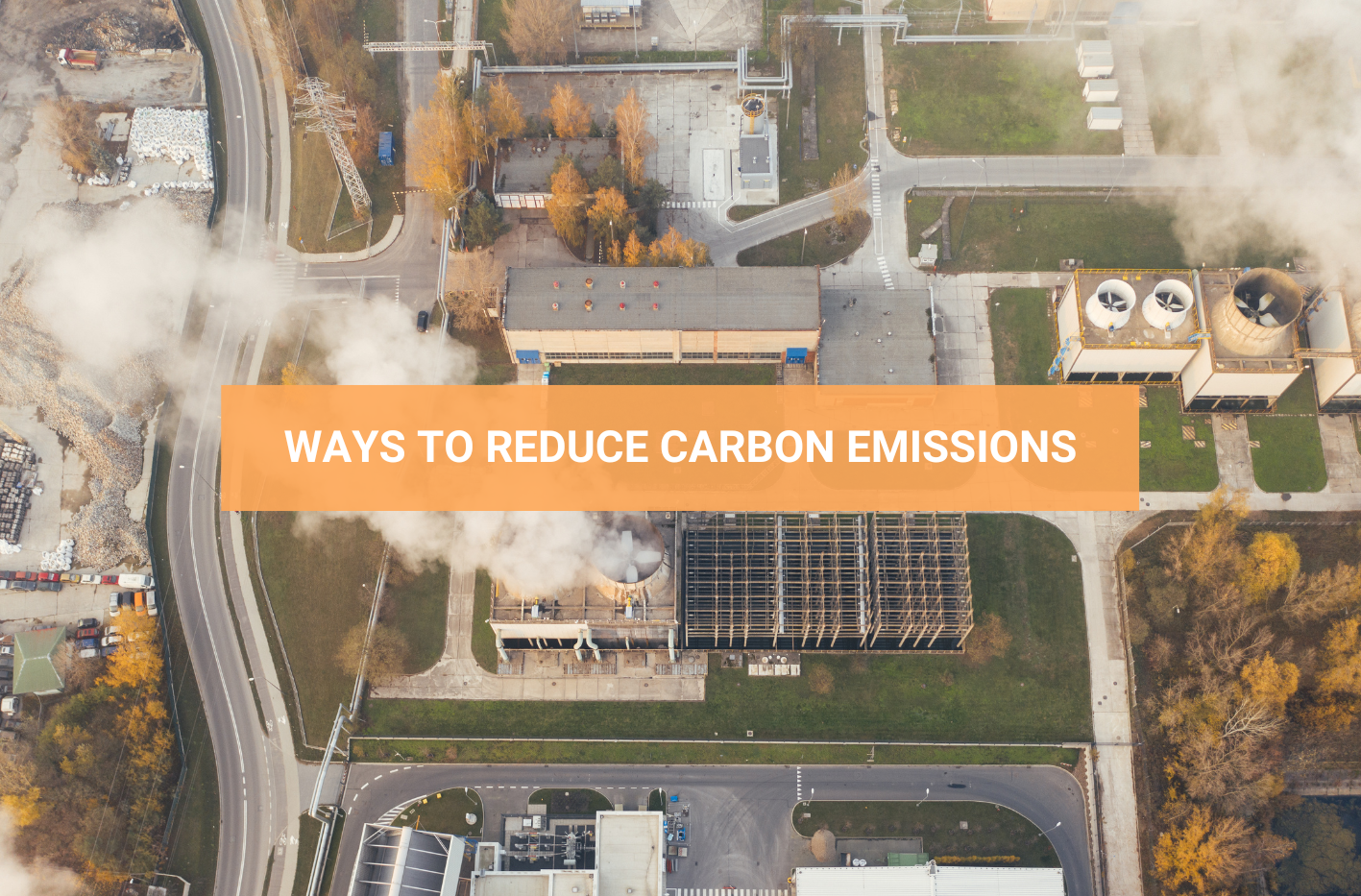
Image Credits: Marcin Jozwiak - Pexels
With rapid globalization and industrialization, the rate at which products and ideas move across the world has increased exponentially. While it is beneficial to have more productive production systems and a wider variety of products, there are also many environmental woes to deal with.
What is Carbon Dioxide?
Carbon dioxide is a greenhouse gas, and this means that it is one of the gases responsible for trapping radiation from the Sun in order to warm the Earth’s surface. This is extremely important as the Earth would be too cold to inhabit without it. Many industrial processes, construction activities, transportation, and day to day activities, including the use of electricity and transportation release carbon dioxide into the atmosphere in large volumes.
However, the above activities occur on a daily basis in a heavy volume causing a lot more carbon dioxide to be emitted. When this happens, too much heat is being absorbed causing the Earth to become hotter. This is accompanied by deforestation which means that there would be lesser plants available for photosynthesis to mitigate the above.
Many conservationists realize this phenomenon and understand that lifestyles need to change to resolve this. One such global initiative is Zero Emissions Day which takes place annually on the 21st of September. On this day, all activities that require the burning of fossil fuels are ceased. By doing this, massive volumes of carbon dioxide are prevented from entering the atmosphere. While this is not enough to create a significant change in greenhouse gas emissions, it is a good stepping stone to reducing it.
How can we reduce carbon usage?
Small actions can be taken at home to reduce greenhouse gas. We can start by being more mindful of our actions and the decisions we make at home. Here are some ways we can reduce carbon usage from our home:
1. Instead of turning on your air conditioner for the entire day, consider using it for only 2 to 3 hours a day, or even better, not using it at all! Air-conditioners release chlorofluorocarbons which is another greenhouse gas. Reducing usage can further help to reduce the amount of heat being absorbed by the Earth’s surface.
2. Consider switching to energy-saving light bulbs, or solar power to reduce the burning of fossil fuels. When fossil fuels are burned, massive amounts of carbon dioxide are released into the atmosphere, which worsens the greenhouse effect and global warming. Thus, if everyone starts switching to energy-saving light bulbs, the quantity of fossil fuels burned will reduce as well.
3. Utilize public transport over private transport, especially for short-distance travel. Car engines produce poisonous gases such as nitrogen monoxide and carbon monoxide which are then released into the atmosphere as nitrogen dioxide and carbon dioxide respectively. This is after the gases are passed through the catalytic converter in cars.
Both nitrogen dioxide and carbon dioxide are greenhouse gases and their combined impact will definitely exacerbate global warming significantly. Thus, this needs to be reduced by using cars less often. You can also take this opportunity to exercise by walking or cycling to another nearby destination. All these little changes can create a significant impact if every single person commits to them. Use a carbon calculator to see how much you have saved by making these changes!
SimplyGood’s cleaning tablets tackle carbon emissions directly. With our cleaning tablets that are 200 times smaller, and 300 times lighter, it is cheaper and more sustainable to ship cleaning solutions. Instead of shipping 100,000 bottles of cleaning solutions, our cleaning tablet refills reduce the number of carton boxes used, and the amount of energy needed to transport the tablets. Not only does it reduce carbon emissions, but these tablet refills are a more sustainable option than traditional bottles of cleaning solution because it specifically targets plastic and water wastage.
Let’s work together to reduce greenhouse gas emissions and mitigate the impacts of global warming. Take one step forward this Zero Emissions Day.
